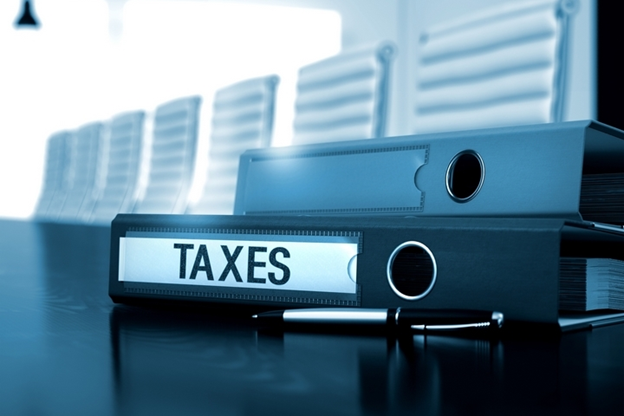Dealing with taxes can cause some jitters for many Canadians. While it can be a tense period, it also presents a chance to optimize your tax refund. A good understanding of the Canadian tax system, along with proactive planning, will allow you to take advantage of various deductions, credits, and tactics to get the most from your tax return. This article brings you some useful tips on enhancing tax refunds in Canada.
- Organization is Key
The foundation to a fruitful tax refund is staying organized all year round. Make sure to keep an eye on relevant documents such as income statements, receipts, or expense records. With proper documentation in place, you can easily spot eligible deductions and credits, ensuring no possible tax savings are missed.
- Make the Most of Tax Credits
Tax credits can markedly reduce your tax liability and ultimately result in a larger refund. Get acquainted with the array of tax credits at play in Canada—including Basic Personal Amount, Canada Child Benefit, Medical Expense Tax Credit, and Home Buyers’ Amount—and make sure you qualify for them before claiming them on your tax return.
- Deductions on Employment Expenses
If you have any work-related expenses that haven’t been reimbursed by your employer, you might be able to deduct those costs. This covers dues for professionals, job-specific equipment, and home office spending. Keep tabs on all these expenses and don’t forget to gather the required documentation to back up your claims.
- Amplify Registered Retirement Savings Plan (RRSP) Contributions
Putting money into an RRSP doesn’t only assist with retirement savings but also comes with instant tax perks. Your contribution to the RRSP is subtracted from your taxable income, lowering your overall tax liability. To make the most out of it, maximize your RRSP contributions up to the permitted limit.
- Look into Tax-Free Savings Account (TFSA) Contributions
While contributions to a TFSA won’t get you tax deductions, any revenue generated within it remains tax-free. Strategically using your TFSA allows you to earn tax-free investment profits while potentially cutting your taxable earnings in your golden years. Consult a financial advisor to set the optimal contribution sum based on your individual financial objectives.
- Medical Expenses Claims
You can claim a tax credit on medical expenses that surpass a specific threshold. Monitor all of your medical outlays, including those for prescriptions, dental work, and other qualifying healthcare costs. Hold onto receipts and supplementary documents as evidence for these claims.
- Streamline Charitable Donations
Donations made to registered Canadian charities are eligible for tax credits. If you’re planning on making charitable donations, consider giving appreciated securities or holdings as this can offer extra tax advantages. Make sure to obtain official donation receipts for all of your generous contributions.
- Seek Help from Tax Experts
The Canadian tax system can be intricate and subject to legislative amendments. It’s worth looking for expert advice from competent tax preparation services equipped to give tailored assistance depending on your specific financial circumstances. They can pinpoint additional deductions and credits that cater to your unique situation, allowing for an optimized tax refund.
Maximizing tax refunds demands careful preparation, organization, and know-how of the Canadian tax system. By staying organized, leveraging deductions and credits along with exploring various tax-planning tactics, you’ll ensure you’re getting the most value from your tax return. Don’t hesitate to consult with a tax professional for customized guidance. Keeping these tips at hand will help you tackle the taxation period with self-assuredness and boost your tax refunds in Canada.
Read More
Visa Platinum Vs. Visa Signature

